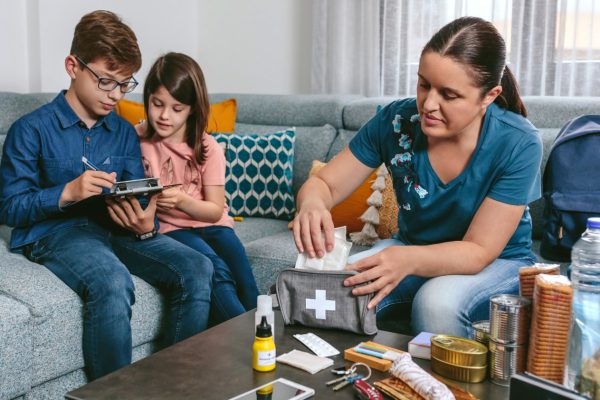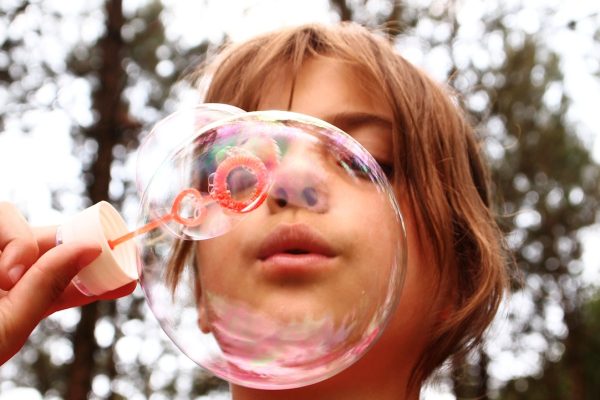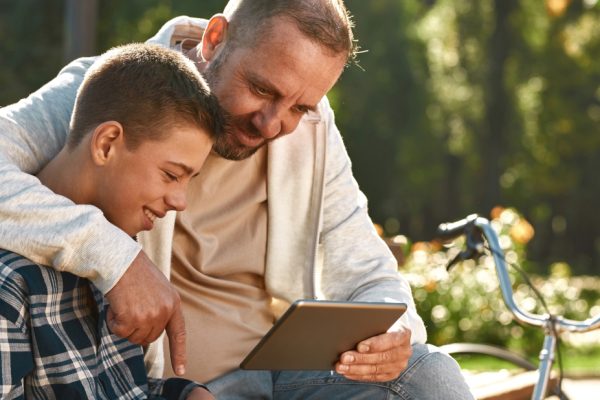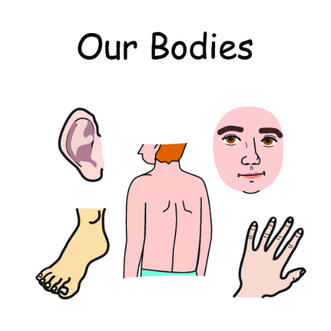
How to talk to your child about puberty, sexuality and safety
Becoming a teenager isn’t just about changing bodies and mood swings. Natasha Alexander, a clinical psychologist, explains how to discuss and manage your child’s developing sexuality and some strategies and language on how to help them remain safe.
Don’t wait until your child is approaching puberty to start thinking about these issues. Start early with little occasional chats and reminders.
I am fond of randomly saying things like, “Have I told you that anything covered by your undies is private? What else is private? Did you know that your mouth is private too?” or “I heard that some kids don’t know what to do if they saw something on the internet that made them feel icky. What would you do?”
I comment on television programs, films, things in books. I obviously don’t do it all the time, but it is easy to just have little chats about these issues and you will feel more comfortable the more you do it, especially if you start early.
Babies: use the correct terms for their genitals, just as you would name any other part of their body. When my baby daughter touches herself when her nappy is taken off, I say, “Yes, that’s your vulva”.
Toddlers and preschoolers may touch themselves out of curiosity, because it feels good, or for comfort. This is natural and okay. Gently talk to them about doing it in private. “Yes, you can touch yourself. It’s your body, but it’s something you enjoy in private”. Do not push their hand away or tell them that it is dirty.
Primary school age: talk about how their bodies have changed since they were a baby. Look at photos. Tell them about puberty – it’s a time of lots of changes. Use books to explain what will happen.
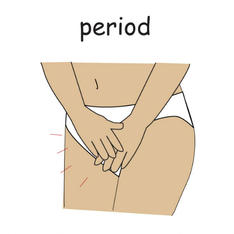
Adolescents and teenagers: depending on their age, you may want to mention to your son or daughter that they may start to have pleasant tingly feelings in their genitals, and that they may want to touch themselves.
Consider the need for some time without wearing continence pads, so that self-pleasure or self-exploration can occur. Emphasise the importance of doing this in private.
Children who are non or pre-verbal need to know as much about their body and puberty as they are able to understand.
Knowledge of private and public spaces is important, as is an awareness of the difference between helpful or safe touch and unsafe touch. It is useful for everyone in the support network to know and respect their way of communicating “no” or “stop”.
They need to know that they have body autonomy. Specific communication cards, gestures or symbols around sexuality and puberty can be developed.
Model respect for their privacy as they grow older e.g. during personal care. Knock on their door before going in. Support them to have as much independence with personal care as they can, as they grow older.
Have clear and consistent protocols around personal care that all carers adhere to. It is easier to raise concerns that specific protocols are not being adhered to, than it is to say that, “something doesn’t feel right” about a particular carer.
Keeping safe
Children with special needs are more vulnerable to sexual exploitation than their peers that do not have a disability, and we need to help them stay safe.
Please tell your child the correct term for their private parts: Vagina – private parts inside a female body.
Vulva – what you can see on the outside of a female’s private parts.
Penis. Testicles.
Sometimes parents are concerned that informing children of the correct names of their private parts ‘takes away their innocence’, or makes them more vulnerable. Actually, child abusers are less likely to ‘choose’ children who show knowledge about correct terms. These same children are likely to have been taught about protective behaviours, about safe and unsafe touch, and about the importance of always telling someone if they are touched inappropriately.
It is important to teach children no-one should tell them to look at or touch other people’s private parts. No-one should look at or touch their private parts. Helpful touches are different, for example help with personal care, but there are clear rules about this type of touch. Have clear protocols.
Let your child choose how they greet people, e.g. a cuddle, kiss, hug, handshake or high-five.
Don’t get stressed about these conversations.
Let your child know that you can handle these topics. You might get embarrassed. You might not know the answers, but you are okay with talking about this stuff. Good luck!
Dr Natasha Alexander is a registered clinical psychologist from the UK, who is now settled in Brisbane with her Australian partner and their two children. Dr Alexander is the founder and director of Consentability, a Brisbane based service that provides assessment, consultancy, education, therapy and training for individuals and couples with disabilities and their support network. She works primarily with teenagers and adults.
Facebook @consentability
SoSAFE! uses a standardised framework of symbols, visual teaching tools and concepts to teach strategies for moving into intimate relationships in a safe and measured manner, and provides visual communication tools for reporting physical or sexual abuse. It provides teachers, trainers and counsellors with skills and simple visual tools to enhance the social, social-sexual and social safety training of people with moderate to severe intellectual disability. Go to www.sosafeprogram.com for more information. www.e2epublishing.info has free posters to download such as ‘My Body Safety Rules’ and ‘My Early Warning Signs’.





